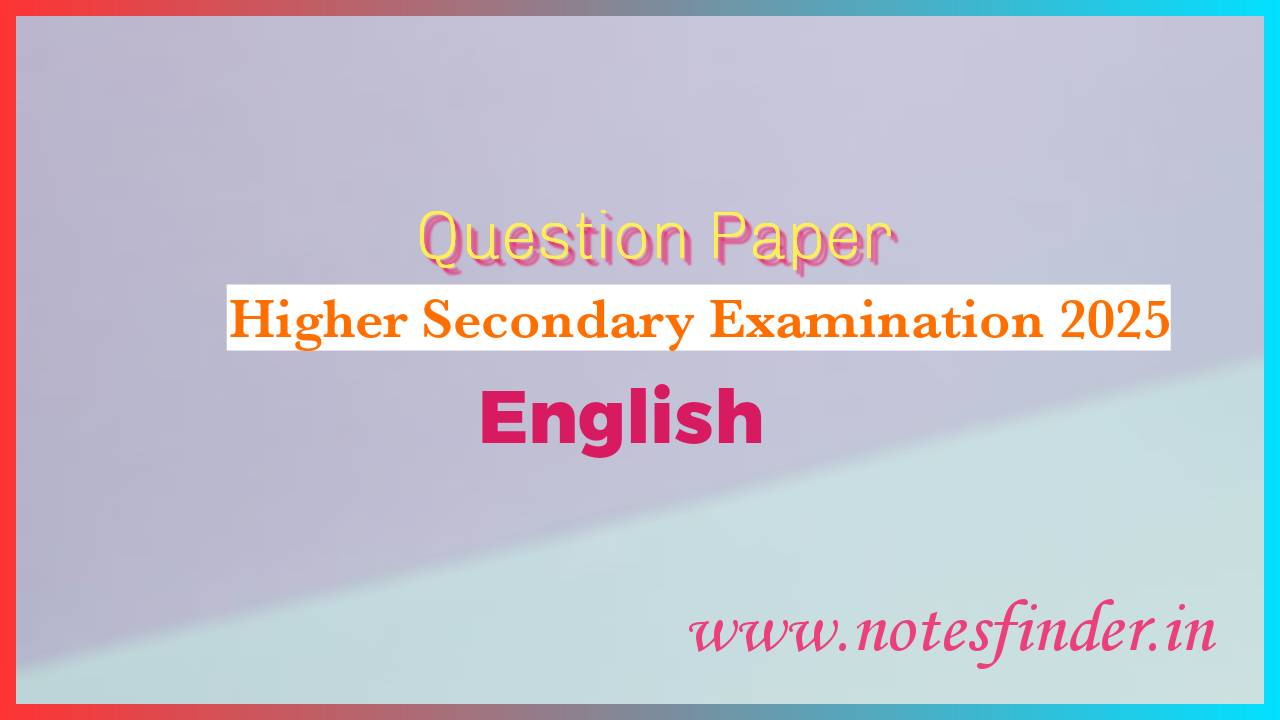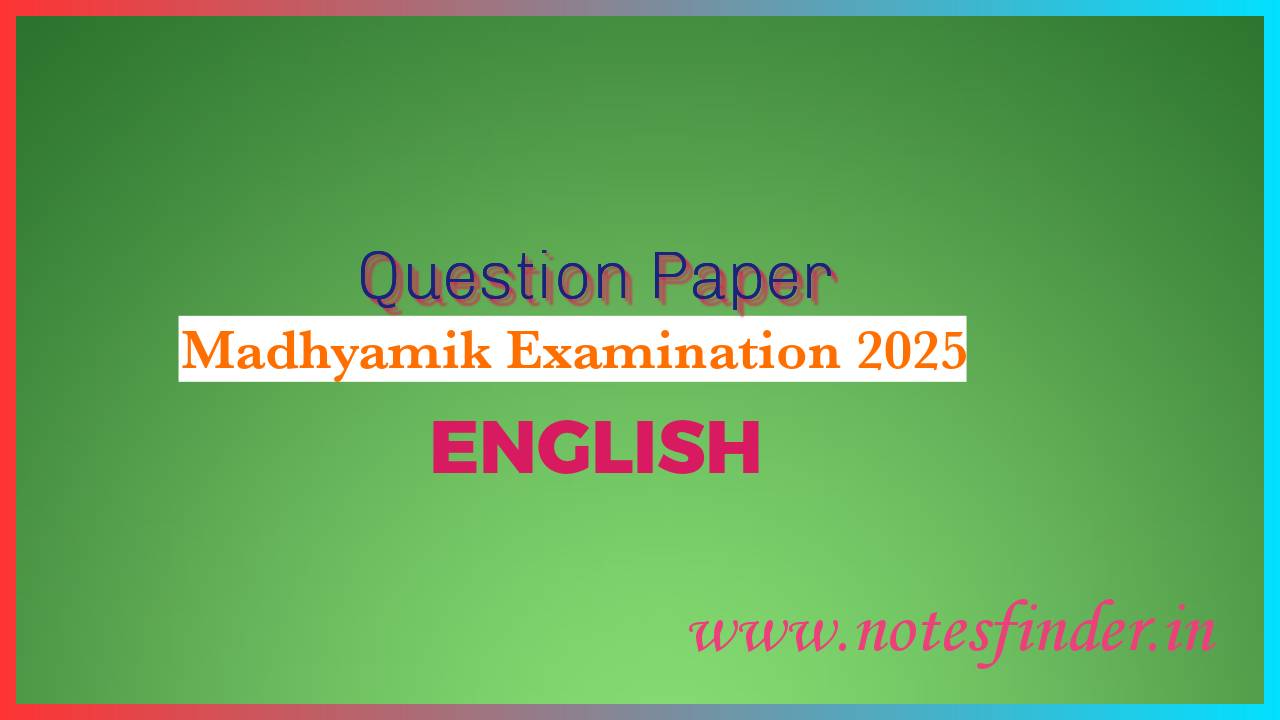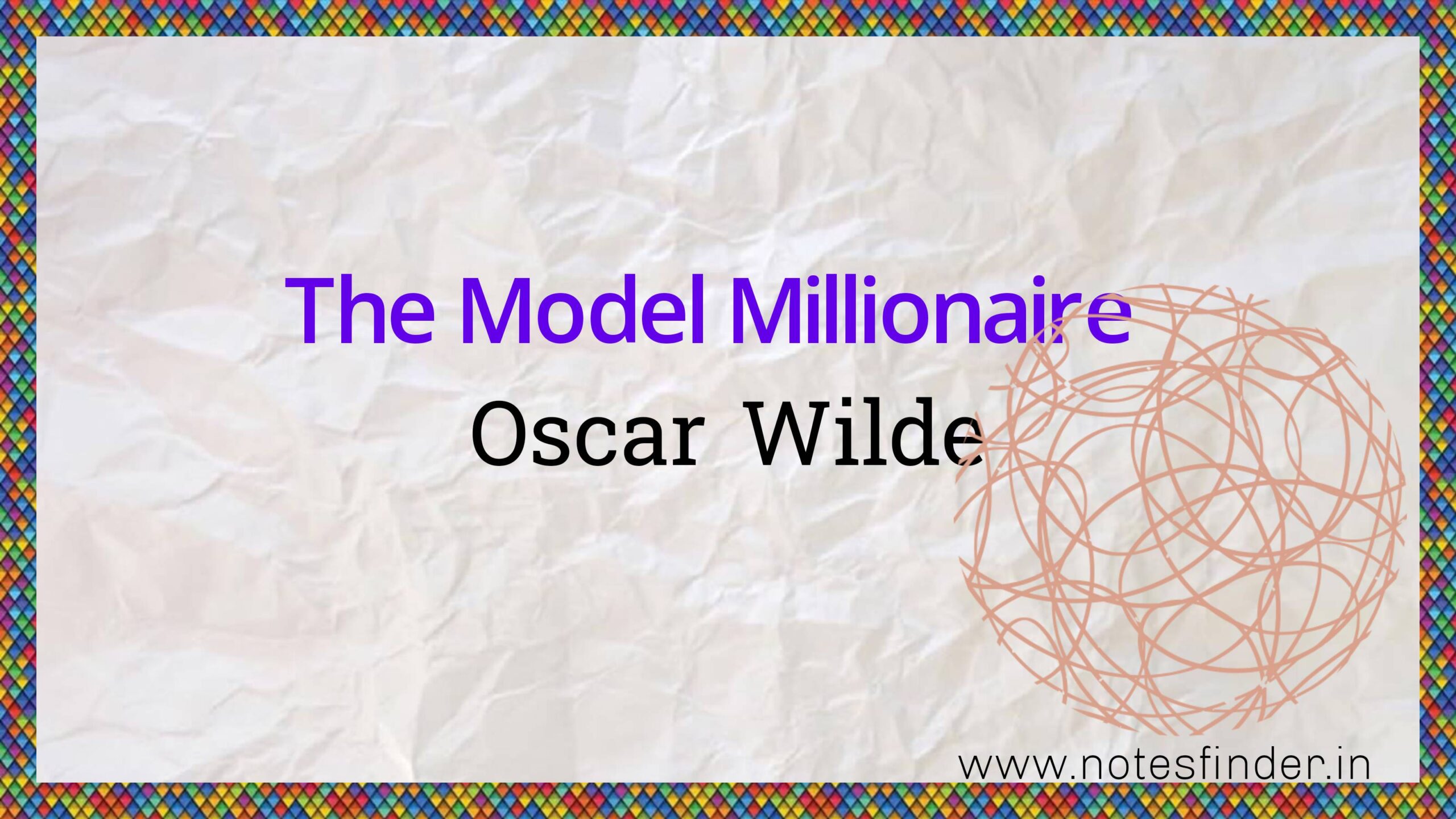1. Where is the Westminster Bridge situated?
Answer: Westminster Bridge is situated over the river Thames in London.
2. Which city does the poet refer to in the ‘Upon Westminster Bridge’?
Answer: The poet refers to the city of London in the poem ‘Upon Westminster Bridge’.
3. What is the object of the Wordsworth’s celebration in the ‘Upon Westminster Bridge’?
Answer: In the poem ‘Upon Westminster Bridge’ Wordsworth celebrates the majestic beauty of the city of London in the morning.
4. What does the poet see Upon Westminster Bridge?
Answer: The poet sees the majestic beauty of the city of London in the morning standing on the Westminster Bridge.
5. What garment did the city wear?
Answer: The city wears the garment of the splendour of the morning over the city of London in the poem ‘Upon Westminster Bridge’.
6. What is described as the garment of the city in the poem ‘Upon Westminster Bridge’?
Answer: The splendour of the morning over the city of London is described as the garment in the poem ‘Upon Westminster Bridge’.
7. How does Wordsworth describe the beauty of the morning?
Answer: Wordsworth describes the beauty of the morning of London as ‘silent’ and ‘bare’ in the poem ‘Upon Westminster Bridge’.
8. Why is the city of the London silent and bare?
Answer: The city of London is silent and bare because everyday’s normal hustle and hurry has not started yet.
9. How does the poet describe the air in the city?
Answer: The poet describes that the air of the city is free from dust and smoke in the early morning.
10. What did the poet never feel before the experience of the London in early morning?
Answer: The poet felt profound serenity and calmness which he had never experienced before.
11. ‘Dear God’ – What feeling does the expression convey?
Answer: The expression conveys the feeling of wonder, joy and amazement in the poem Upon Westminster Bridge.
12. What is the feeling that the poet experiences that he has never experienced before?
Answer: The feeling of serenity and calmness considers as the experiences that the poet has never experienced before.
13. Which city according to Wordsworth is the fairest one?
Answer: According to Wordsworth the city of London is the fairest one.
14. When did the poet view the city?
Answer: The poet viewed the city of London in the early morning.
15. Whom does the poet call ‘dull’ in the poem ‘Upon Westminster Bridge ‘?
Answer: The poet calls a person dull who would pass the Westminster Bridge without noticing the majestic beauty of the London city.
16. Which river is referred in the poem Composed Upon Westminster Bridge?
Answer: The Thames river is referred in the poem Composed Upon Westminster Bridge.
17. What is referred as the ‘mighty heart’?
Answer: The city of London is referred as the mighty heart.
Read More Leela's Friend - RK Narayan Multiple Choice Questions (MCQ) from Leela's Friend Short Answer Questions (SAQ) from Leela's Friend Long Answer Questions (LAQ) from Leela's Friend Karma - Khushwant Singh Multiple Choice Questions (MCQ) from Karma Short Answer Questions (SAQ) from Karma Long Answer Questions (LAQ) from Karma Jimmy Valentine - O. Henry Multiple Choice Questions (MCQ) from Jimmy Valentine Short Answer Questions (SAQ) from Jimmy Valentine Long Answer Questions (LAQ) from Jimmy Valentine Nobel Lecture - Mother Teresa Multiple Choice Questions (MCQ) from Nobel Lecture Short Answer Questions (SAQ) from Nobel Lecture Long Answer Questions (LAQ) from Nobel Lecture The Place of Art in Education - Nandalal Bose Multiple Choice Questions (MCQ) from The Place of Art in Education Short Answer Questions (SAQ) from The Place of Art in Education Long Answer Questions (LAQ) from The Place of Art in Education Composed Upon Westminster Bridge - William Wordsworth Multiple Choice Questions (MCQ) from Composed Upon Westminster Bridge Short Answer Questions (SAQ) from Composed Upon Westminster Bridge Long Answer Questions (LAQ) from Composed Upon Westminster Bridge Meeting at Night - Robert Browning Multiple Choice Questions (MCQ) from Meeting at Night Short Answer Questions (SAQ) from Meeting at Night Long Answer Questions (LAQ) from Meeting at Night The Sick Rose - William Blake Multiple Choice Questions (MCQ) from The Sick Rose Short Answer Questions (SAQ) from The Sick Rose Long Answer Questions (LAQ) from The Sick Rose Brotherhood - Octavio Paz Multiple Choice Questions (MCQ) from Brotherhood Short Answer Questions (SAQ) from Brotherhood Long Answer Questions (LAQ) from Brotherhood Daybreak - Henry Wadsworth Longfellow Multiple Choice Questions (MCQ) from Daybreak Short Answer Questions (SAQ) from Daybreak Long Answer Questions (LAQ) from Daybreak
Class XI English (Mindscapes)Textual Grammar
- Leela’s Friend – RK Narayan
- Voice Change from Leela’s Friend
- Narration Change from Leela’s Friend
- English Grammar (Do as Directed) from Leela’s Friend
- Karma – Khushwant Singh
- Voice Change from Karma
- Narration Change from Karma
- Transformation of Sentences(1) from Karma
- Transformation of Sentences (2) from Karma
- Jimmy Valentine – O. Henry
- Voice Change from Jimmy Valentine
- Narration Change from Jimmy Valentine
- Nobel Lecture – Mother Teresa
- Voice Change from Nobel Lecture
- Narration Change from Nobel Lecture
- Transformation of Sentences from Nobel Lecture
- The Place of Art in Education – Nandalal Bose
- Voice Change from The Place of Art in Education
- Transformation of Sentences from The Place of Art in Education
- Composed Upon Westminster Bridge – William Wordsworth
- Textual Grammar from Composed Upon Westminster Bridge
- Meeting at Night – Robert Browning
- Textual Grammar from Meeting at Night
- The Sick Rose – William Blake
- Textual Grammar from The Sick Rose
- Brotherhood – Octavio Paz
- Textual Grammar from Brotherhood
- Daybreak – Henry Wadsworth Longfellow
- Textual Grammar from Daybreak



